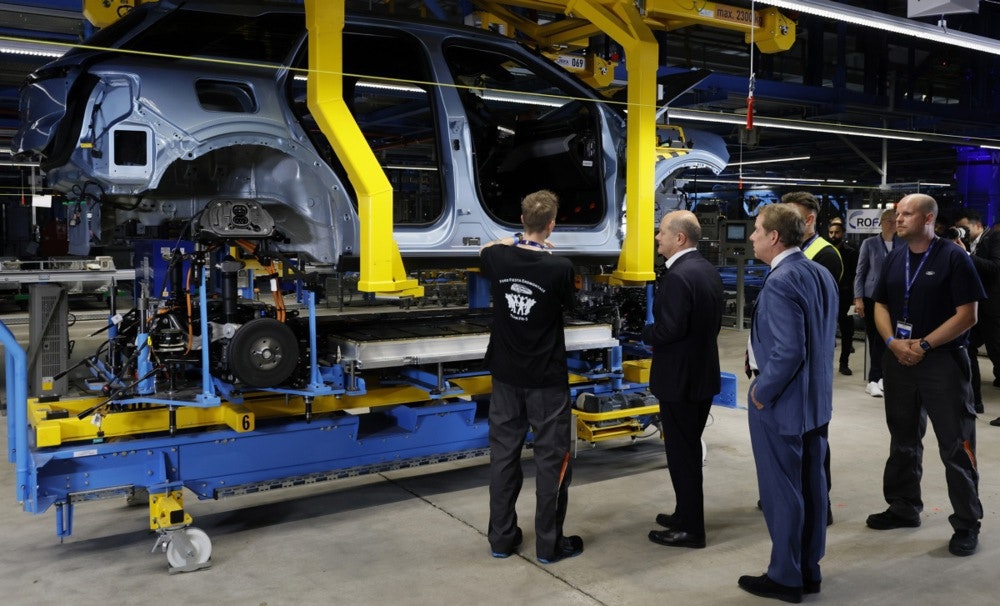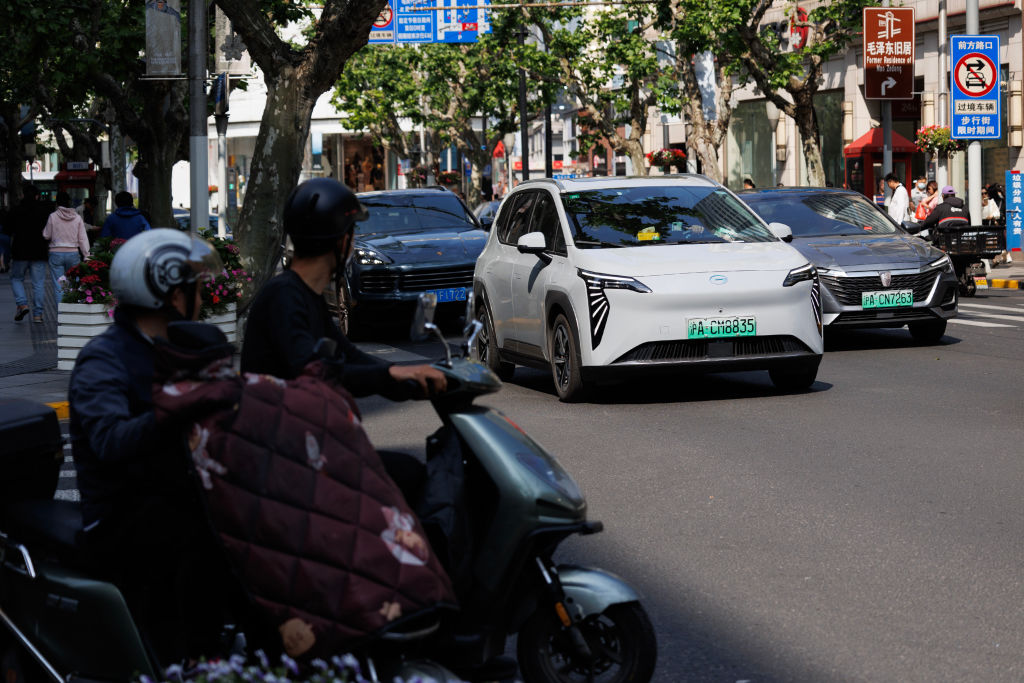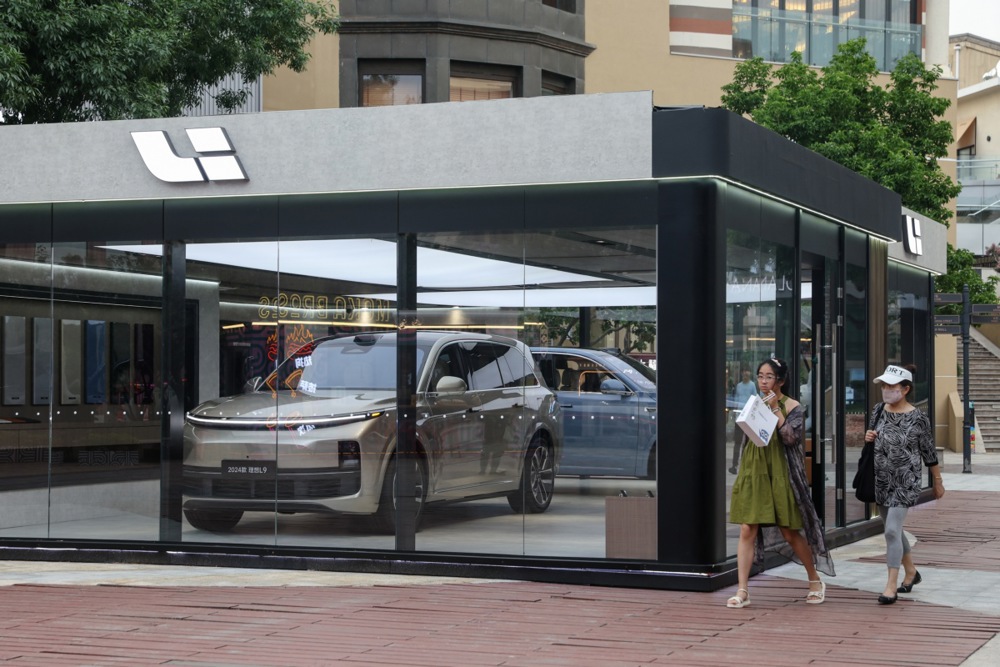Ford said on November 20 it would cut around 14 per cent of its European workforce, blaming significant losses in recent years compounded by weak demand for electric vehicles, a lack of government support for the shift to EVs, and rising competition.
The US company is the latest automaker after Nissan, Stellantis and GM to cut costs as the industry struggles with growing competition from Chinese rivals in Europe, waning demand in China, and the challenges of shifting to EVs that remain too expensive for most consumers to buy.
Ford Motor Company said the 4,000 job cuts would be primarily in Germany and the United Kingdom. Globally, the layoffs represent around 2.3 per cent of Ford’s workforce of 174,000.
The measures will be a big blow for Germany in particular, Europe’s largest economy and biggest car maker where Volkswagen is threatening to close factories, slash wages and cut thousands of jobs to improve its ability to compete.
The country’s deepening political crisis is also adding uncertainty to companies grappling with growing trade tensions with China and the US election victory of Donald Trump.
Ford said the European layoffs should take place by the end of 2027.
Europe’s automakers “face significant competitive and economic headwinds while also tackling a misalignment between CO2 regulations and consumer demand for electrified vehicles,” the company said in a statement.
Through September this year, Ford’s sales in Europe fell 17.9 per cent, far outstripping an industrywide decline of 6.1 per cent.
Ford also called on the German government in particular to provide more incentives and better charging infrastructure to help consumers transition to EVs.

Berlin ended EV subsidies in December last year. EV sales in Germany in the first nine months of this year were down 28.6 per cent.
“What we lack in Europe and Germany is an unmistakable, clear policy agenda to advance e-mobility, such as public investments in charging infrastructure, meaningful incentives … and greater flexibility in meeting CO2 compliance targets,” Ford’s chief financial officer John Lawler wrote in a letter to the German government.
Ford has been undergoing a painful restructuring in Europe, announcing 3,800 job cuts in February 2023. Ford is also closing its Saarlouis plant in Germany next year, with further job cuts.
The European Union has slapped tariffs on Chinese-made EVs, saying they benefit from unfair subsidies from China’s government.
Chinese President Xi Jinping has told German Chancellor Olaf Scholz that he hopes Germany can help the EU and China resolve the issue of tariffs on Chinese electric vehicles as soon as possible. https://t.co/z7Y5mbfzIb
— Brussels Signal (@brusselssignal) November 20, 2024





